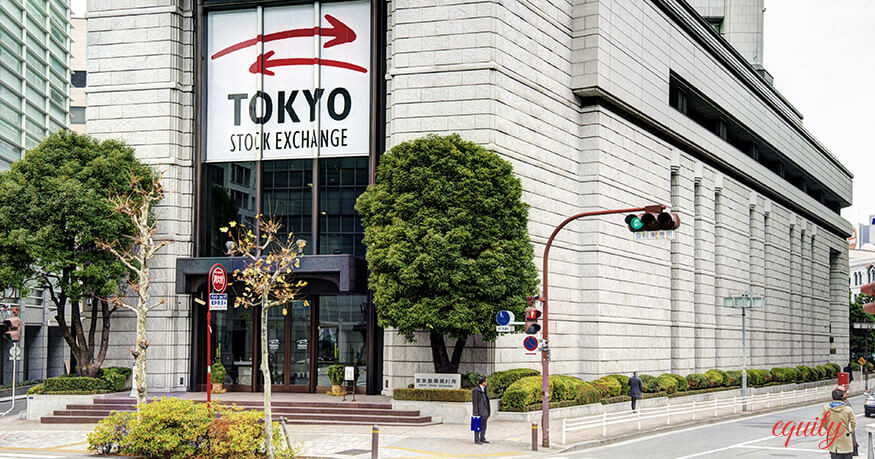
Asia's main stock indices show mixed trading on Monday. South Korea's KOSPI, Japan's Nikkei 225, and Australia's S&P/ASX 200 gained 0.86%, 0.31%, and 1.54% respectively. At the same time, China's Shanghai Composite and Shenzhen Composite lost 0.89% and 0.35% respectively. Hong Kong's Hang Seng Index is the worst performer of the day. It plunged by 5.57%.
A fall in China's indices came after it became known that Xi Jinping remained the head of the CCP. Investors fear that tough COVID-19 restrictions may pose a serious threat to the Chinese economy. In addition, no changes are expected in China's current real estate policy, which is now in a state of crisis, and the tech sector.
China's quarterly GDP came in at 3.9%, above market expectations of 3.4%. In the second quarter, the economy grew just by 0.4%. Overall, China's economy expanded by 12.5% in the first three quarters of the year. Meanwhile, imports increased by 4.1% for the same period.
Last month, retail sales in China came in at 2.5%, missing economists' expectations of 3.3%. Meanwhile, the country's trade surplus grew. This was due to a 5.7% increase in exports, while imports rose by only 0.3% year-over-year. The former indicator also came above market forecasts of 4%, while the latter one missed the expectations of 1%.
Hong Kong's main index tumbled amid a steep fall in the share value of some large firms: Meituan lost 12.4%, Baidu, Inc. dropped by 10.7%, Tencent Holdings, Ltd. dived by 9.2%, and Longfor Group Holdings, Ltd. sank by 12.2%. Likewise, Alibaba Group and JD.com, Inc. declined by 10.4% and 11% respectively.
HSBC's stock added 0.5%, while CK Infrastructure Holdings Ltd. and Techtronic Industries Co. gained 3.4% and 1.1% respectively.
Japan's Nikkei 225 gained up to 1% but ended up closing just 0.31% higher.
At first, the index grew on expectations of a less hawkish US Fed as well as the yen's reaction to macro data in Japan.
However, following a mass sell-off in the Hong Kong exchange and Xi Jinping's re-election, investor sentiment in Japan got worse.
Among the Nikkei's 225 constituents, J.Front Retailing(-3.72%), Isetan Mitsukoshi Holdings (-3.56%), Takashimaya (-3.28%), and Mitsubishi Estate (-2,6%) posted biggest losses. SoftBank Group closed down by 0.43%, following a 3.8% rise.
At the same time, Tokyo Electron and Advantest gained 2.01% and 3.09% respectively. Kawasaki Kisen Kaisha, Ltd. advanced by 4.4%, Mitsui O.S.K. Lines, Ltd. rose by 4.2%, Sumitomo Metal Mining, Co. added 4.1%, and Nippon Yusen K.K. grew by 3.7%.
The KOSPI's constituents showed mixed trading: Samsung Electronics increased by 2.7%, while Hyundai Motor dropped by 2.7%.
As for Australia's S&P/ASX 200 index, the main contributors to its gains were BHP (+2.6%) and Rio Tinto (+1.2%) as well as Commonwealth Bank (+1.2%), National Australia Bank (+0.7%), Westpac Banking (+0.6%), and ANZ Bank (+0.2%).
 English
English 
 Русский
Русский Bahasa Indonesia
Bahasa Indonesia Bahasa Malay
Bahasa Malay ไทย
ไทย Español
Español Deutsch
Deutsch Български
Български Français
Français Tiếng Việt
Tiếng Việt 中文
中文 বাংলা
বাংলা हिन्दी
हिन्दी Čeština
Čeština Українська
Українська Română
Română

